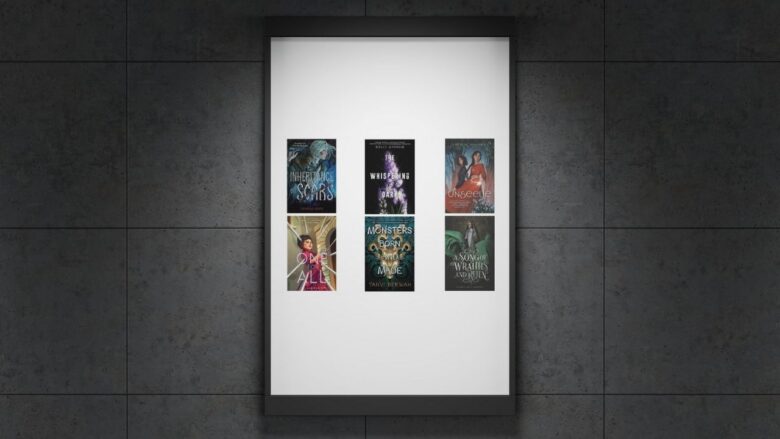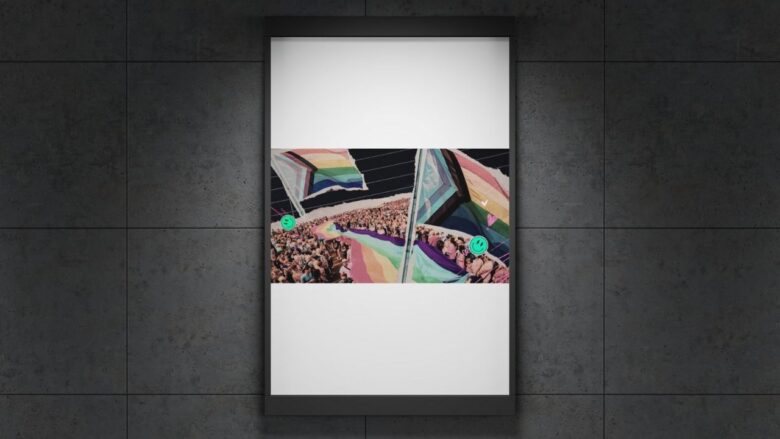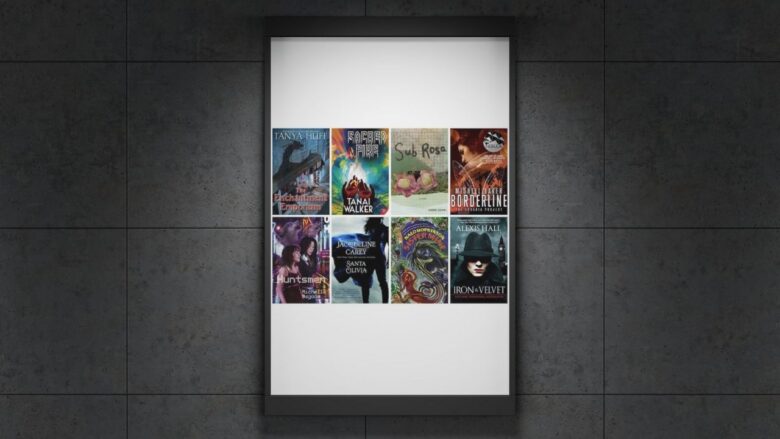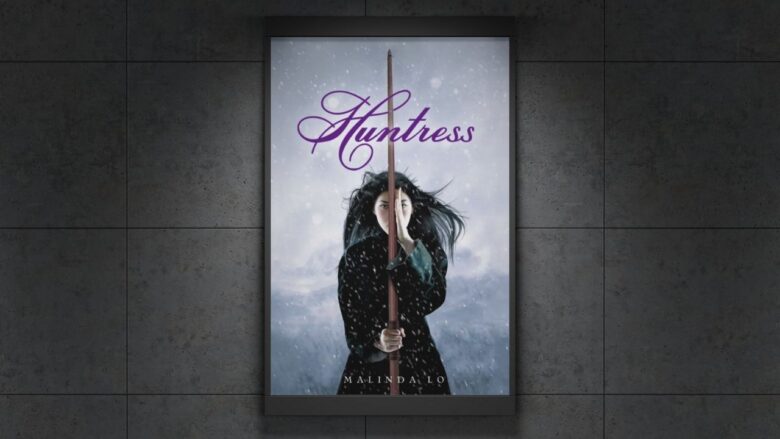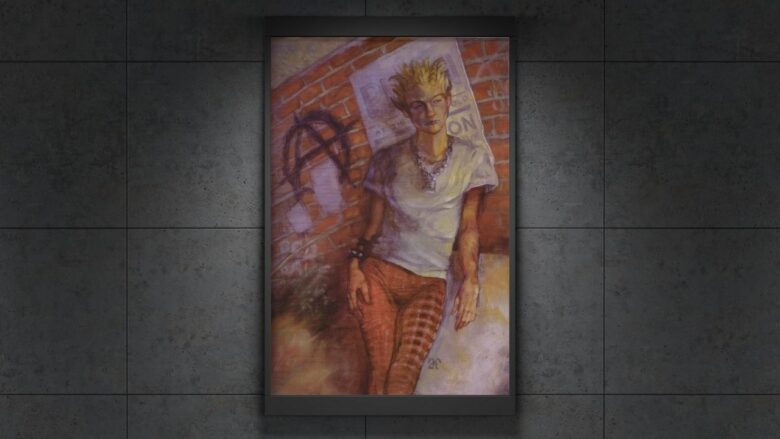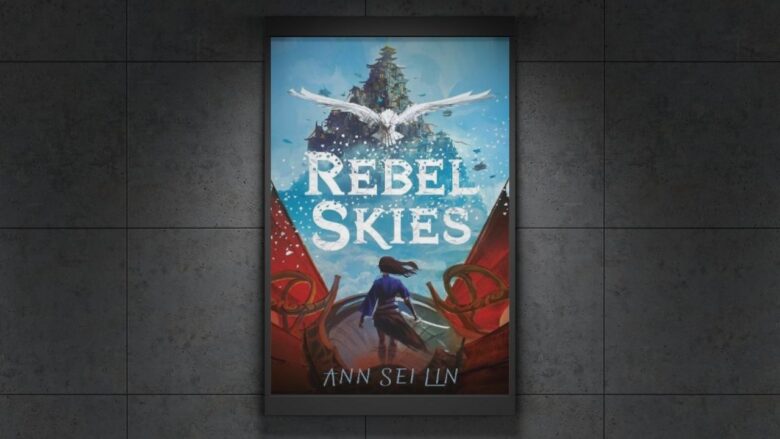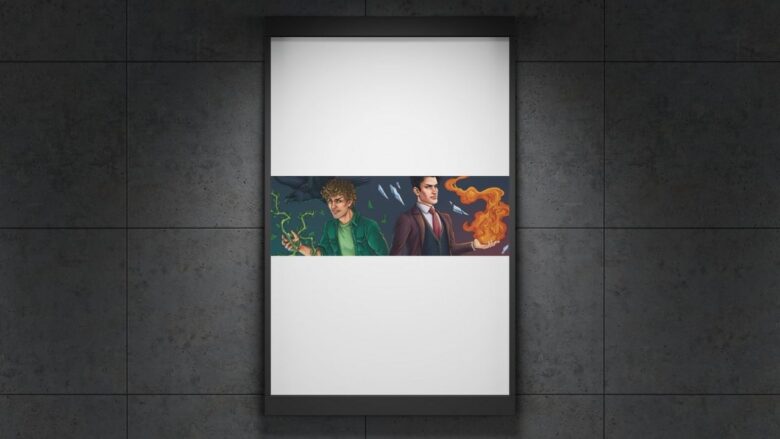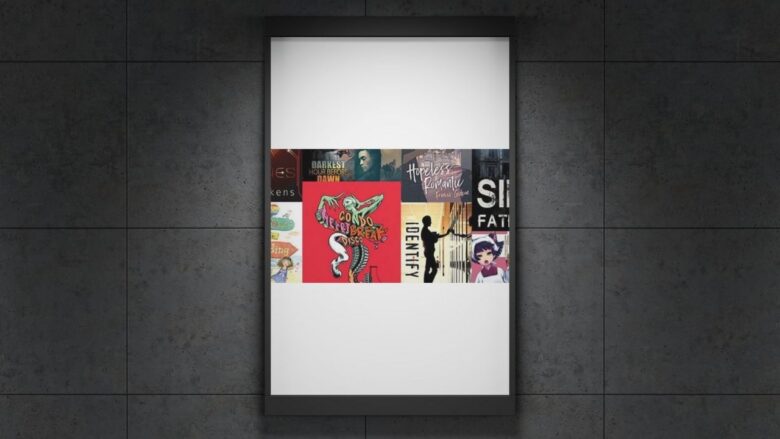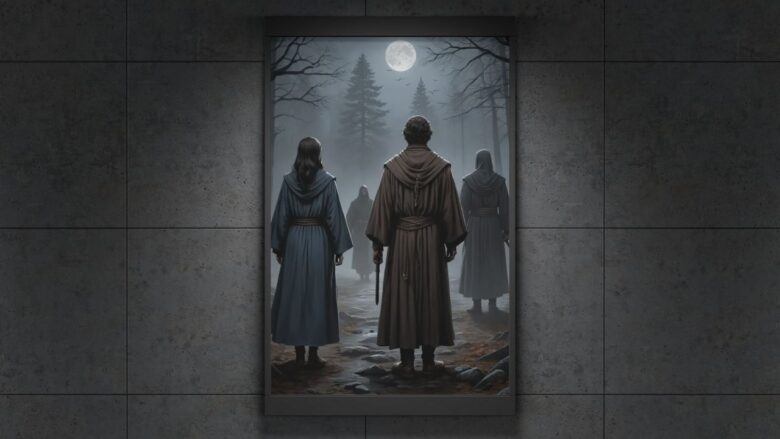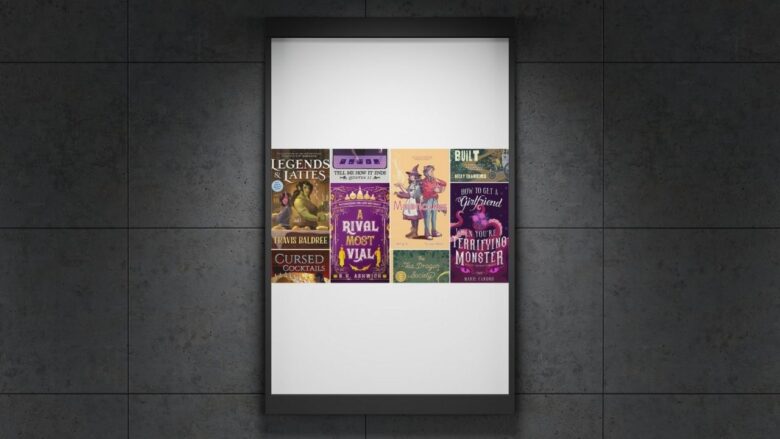Diversity in literature is more than just a buzzword—it’s a vital element in creating stories that resonate with all readers. The world is rich with different experiences, identities, and perspectives, and literature should reflect that. In fantasy fiction, where the bounds of reality are stretched and new worlds are created, diversity becomes even more important. …
For decades, fantasy fiction largely centered on heteronormative narratives, with LGBTQIA+ characters either absent or relegated to subtext and stereotypes. While a few trailblazers in the genre worked to challenge these norms, genuine representation remained rare in mainstream publications. However, the tide is turning. In recent years, queer characters, authors, and stories have carved out …
Urban fantasy is a subgenre of speculative fiction where magical elements exist within a contemporary, often gritty, real-world setting. Think spellcasters navigating subway systems, shapeshifters working office jobs, or portals to other realms hidden in back alleys. Its appeal lies in the intersection of the familiar and the fantastical — the idea that magic might …
In fantasy literature, alternate realities and dimensions serve as the ultimate canvas for exploring the unknown, offering boundless possibilities for both world-building and storytelling. These fictional realms, often built on magic, technology, or parallel universes, allow authors to create complex systems where rules are bent, and anything is possible. This genre has long captured the …
Queer representation in fantasy fiction has come a long way from the days when LGBTQ+ characters were either absent or relegated to marginal roles. In recent years, a growing number of authors have begun to center queer identities in their stories, offering readers a broader and more authentic reflection of diverse experiences. Fantasy, with its …
Rebellion has always been a cornerstone of fantasy literature. From ancient legends of heroic uprisings to modern tales of empires brought to their knees, stories of resistance offer readers both catharsis and inspiration. These narratives often center on underdogs—those who dare to defy powerful regimes, question oppressive traditions, and fight for a better future. In …
Urban fantasy, a genre where the mundane and the supernatural coexist in modern, often bustling, cities, has become a cornerstone of contemporary speculative fiction. Whether set in our own world or a slightly altered version of it, urban fantasy weaves magical elements—like witches, vampires, and shapeshifters—into the fabric of daily life. This genre thrives on …
Fantasy literature has long been a space for boundless imagination, where readers can escape into magical worlds filled with mythical creatures, epic quests, and uncharted realms. But beyond the thrilling adventures and spectacular settings, fantasy has also become an essential genre for exploring complex themes of identity, belonging, and self-discovery. LGBTQIA+ representation in fantasy has …
Seers and mystics have always held a special place in fantasy storytelling. As figures who stand between the known and the unknown, they embody mystery, wisdom, and the often perilous burden of foresight. Their role transcends the boundaries of hero and villain, offering insight that can alter destinies and reshape worlds. In many fantasy traditions, …
In recent years, the world of fantasy literature has seen an exciting shift toward greater inclusivity, reflecting the diverse and vibrant communities that exist in the real world. With the growing demand for LGBTQIA+ representation, readers are no longer satisfied with mere tokenism or the occasional queer character thrown into the background. Instead, they want …

